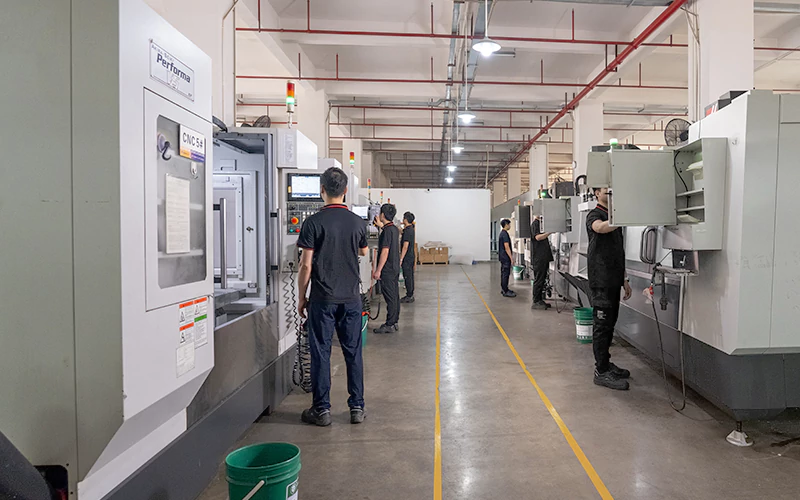CNC Computer Numerical Control technology has revolutionized the manufacturing industry by enabling high efficiency and precision in production processes. It involves the use of computers to control machinery, allowing for automated production of complex parts and components with minimal human intervention. The application of CNC technology has streamlined production lines, significantly improving speed, accuracy, and the overall quality of products. This innovation has transformed industries ranging from aerospace to automotive, medical device manufacturing, and consumer electronics, making it an essential part of modern manufacturing. One of the key advantages of CNC technology is its ability to produce highly accurate and consistent results. Traditional manual machining relies heavily on the skill and judgment of the operator, which can lead to variations in product quality. In contrast, CNC machines operate based on pre-programmed instructions, ensuring that each piece is produced according to precise specifications, with minimal deviations.

This level of precision is crucial for industries that require tight tolerances, such as the aerospace and medical sectors, where even the smallest imperfections can lead to failure or safety issues. In addition to accuracy, CNC technology greatly enhances production efficiency. Automation allows for faster turnaround times, as machines can operate continuously, even during off-hours, without the need for breaks or rest. CNC machines can also be programmed to handle multiple tasks, reducing the need for frequent setup changes or manual adjustments. This reduces the amount of time spent on retooling and enhances overall productivity. Furthermore, since CNC machines are capable of performing a wide range of operations, such as milling, turning, drilling, and engraving, manufacturers can streamline their processes and reduce the number of different machines required, further optimizing production efficiency and click this over here now https://snxtechnologies.com/cnc-partners/. The versatility of CNC machines also plays a significant role in improving efficiency. These machines can work with a wide range of materials, including metals, plastics, and composites, making them suitable for diverse applications.
They can also produce parts with intricate designs and complex geometries, which would be difficult or impossible to achieve using traditional machining methods. This flexibility allows manufacturers to innovate and create more sophisticated products while maintaining high levels of accuracy and efficiency. Another notable benefit of CNC technology is its ability to reduce human error and improve safety. With traditional manual machining, operators are often required to handle heavy tools and machines, which increase the risk of accidents. CNC systems, however, are operated through software, reducing the need for direct human interaction with the machinery. Additionally, the automation of many processes reduces the likelihood of mistakes that could lead to costly errors, further enhancing the reliability of the production process. CNC technology also contributes to cost savings in the long term. While the initial investment in CNC machines can be substantial, the benefits they bring in terms of reduced labor costs, higher production speed, and minimized material waste result in significant financial savings.

